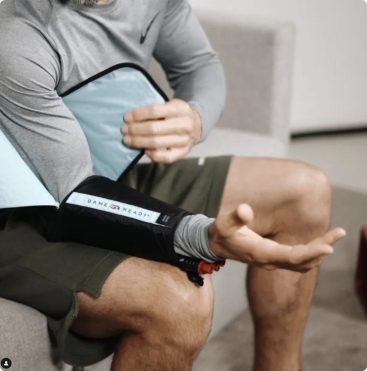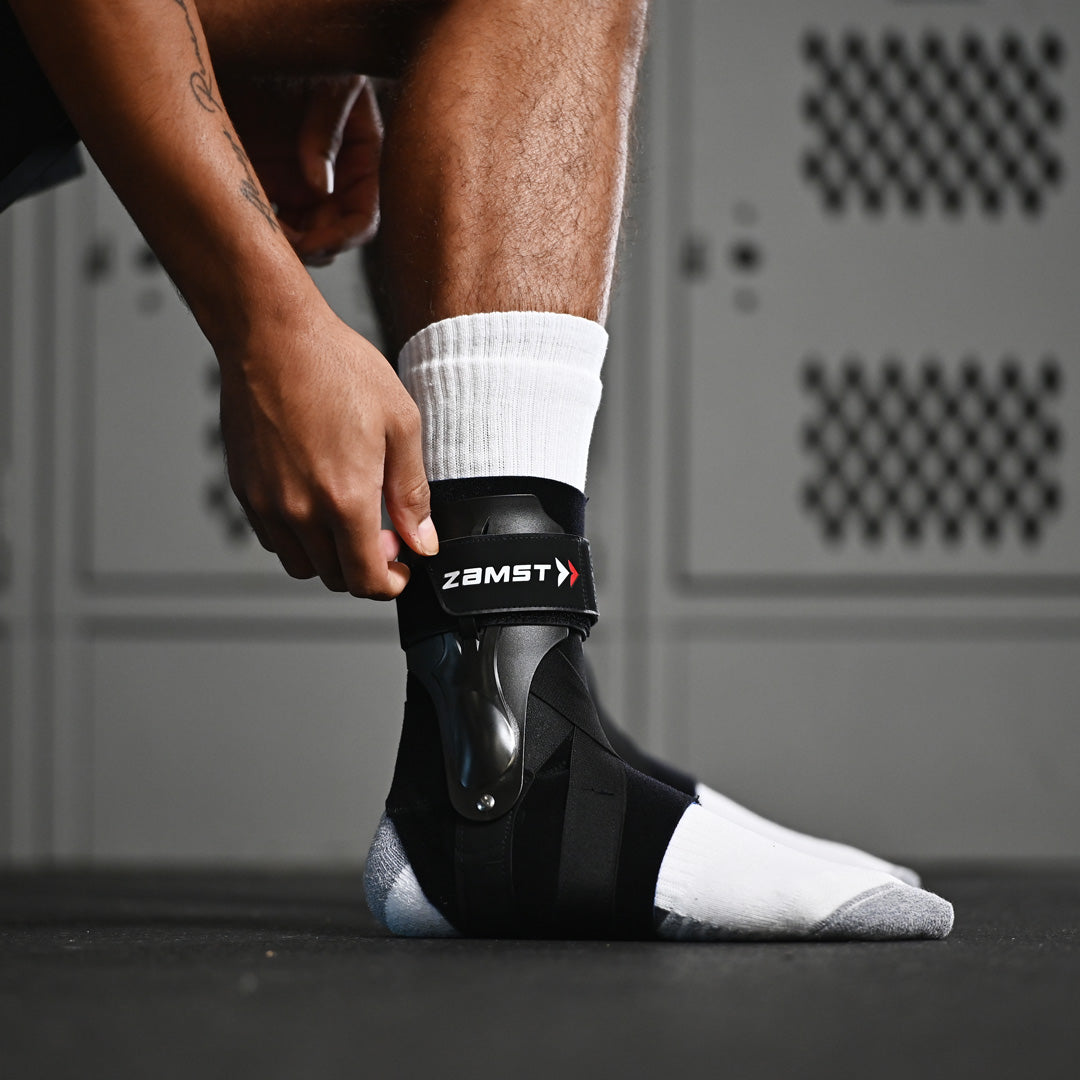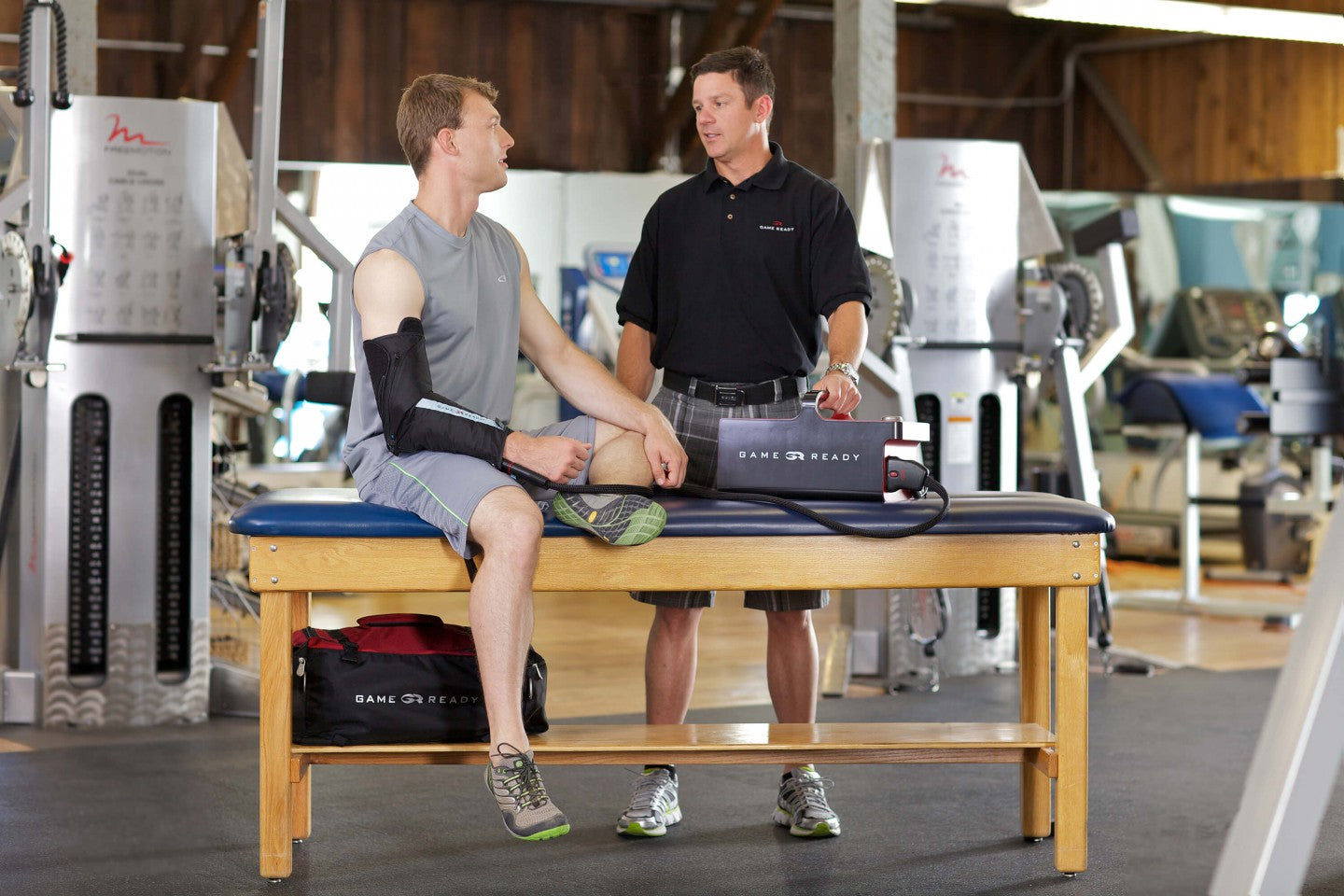Breaking Down The Importance Of Sleep In The Healing Journey
Sleep is vital to our overall well-being, yet it is often underestimated, especially regarding recovery and healing. Whether recovering from surgery, injury, or simply striving to maintain good health, sleep is crucial in helping you heal faster and recover better. This article delves into the importance of sleep in the healing journey, highlighting why getting enough quality sleep is just as important as any other part of your recovery plan.
The Role Of Sleep In Recovery
During sleep, the body undergoes several vital processes that are key to healing. Sleep enables your body to regenerate tissues, strengthen your immune system, and process memories. For anyone on a healing journey, whether recovering from a physical injury or managing chronic pain, sleep is a crucial part of healing faster.
Tissue Repair and Muscle Growth
The body’s ability to repair itself accelerates during deep sleep. This stage, often called slow-wave sleep, is when the body focuses on healing and restoring itself. Tissues damaged, such as muscles and skin, regenerate faster. If you've had an injury or surgery, your body uses this time to produce more proteins, which are the building blocks of cells. Without enough sleep, these processes slow down, making recovery take longer.
Hormonal Regulation
Sleep also helps regulate essential hormones that control stress, inflammation, and growth. For example, growth hormone, which plays a crucial role in tissue repair and muscle growth, is released more significantly during sleep. Additionally, cortisol, known as the stress hormone, is reduced during sleep, helping to minimize inflammation in the body.
When you get the right amount of sleep, your body can regulate these hormones effectively, which is essential for a speedy recovery. On the other hand, if you're not getting enough rest, these hormones can become imbalanced, leading to prolonged inflammation and slower healing times.
How Sleep Affects Mental Health During Recovery
Physical recovery is just one side of the healing process. Mental and emotional recovery is equally important. Sleep significantly impacts mental health, affecting mood, stress levels, and cognitive function. When you're on a healing journey, whether you're recovering from surgery or managing chronic illness, mental well-being plays a significant role in how quickly and effectively you heal.
Reducing Stress and Anxiety
During recovery, the body and mind experience stress. This can be caused by pain, the emotional toll of recovery, or the anxiety of not knowing how long the healing process will take. Sleep helps to manage these stressors by allowing the brain to process emotions and reduce the overall levels of anxiety.
When you get adequate sleep, you're better equipped to handle the emotional and mental challenges often accompanying physical recovery. Reducing stress and anxiety helps your body heal faster by lowering cortisol levels, which, as mentioned earlier, can hinder the healing process when elevated.
Improving Cognitive Function
Sleep deprivation can negatively impact cognitive function, leading to poor decision-making and difficulty concentrating. For someone on a healing journey, maintaining mental clarity is essential for following treatment plans, managing medications, and making decisions that will aid in recovery.
Ensuring you get enough sleep can improve your cognitive function, making it easier to focus on your recovery and improve outcomes.
The Link Between Sleep and the Immune System
One of the most critical aspects of the healing journey is the immune system's role in fighting off infections and helping the body recover from illness or injury. Sleep has a direct impact on how well your immune system functions.
Strengthening the Immune Response
During sleep, the immune system releases proteins known as cytokines, which help combat infections and inflammation. Certain cytokines need to increase during illness, injury, or stress. Sleep deprivation reduces the production of these protective cytokines, making it harder for the body to fend off infections and slowing down the healing process.
Enhancing Vaccine Efficacy
Research has shown that adequate sleep can enhance the effectiveness of vaccines, which is another indication of how closely tied sleep is to immune function. For those healing from surgery or illness, maintaining a robust immune response is essential to avoiding complications and promoting quicker recovery.
The Impact of Sleep Quality on Chronic Conditions
For individuals managing chronic conditions, such as arthritis or diabetes, the importance of sleep in the healing journey cannot be overstated. Poor sleep can exacerbate symptoms and hinder the body’s ability to heal faster and recover better. Here’s how chronic conditions can be affected by sleep:
Sleep and Pain Management
Chronic pain can make it difficult to get quality sleep, and unfortunately, lack of sleep can worsen pain levels, creating a vicious cycle. However, by prioritizing rest and improving sleep hygiene, individuals with chronic pain conditions can enhance their body’s ability to cope with and manage pain more effectively.
Healing faster is particularly important for those with chronic pain, as their bodies are constantly in need of recovery. Improved sleep can break the pain-sleep deprivation cycle and lead to better long-term outcomes.
Sleep and Blood Sugar Levels
Sleep is essential for managing blood sugar levels in those with diabetes. Sleep deprivation can lead to insulin resistance, which makes managing blood sugar more difficult. Proper blood sugar control is vital for healing faster after surgery or injury, as elevated levels can impair the body’s ability to repair tissues.
By getting enough sleep, individuals with diabetes can help maintain more stable blood sugar levels, improving their overall health and recovery potential.
Tips To Improve Sleep For A Faster Recovery
Since sleep is such a vital part of healing faster, it’s essential to focus on improving the quality and quantity of sleep during your recovery. Here are a few practical tips to help you recover better by optimizing your sleep:
Practice Relaxation Techniques
Stress and anxiety can make it difficult to sleep, especially when you're recovering from an injury or surgery. Incorporating relaxation techniques, such as deep breathing, meditation, or gentle yoga, into your bedtime routine can help calm your mind and prepare your body for sleep.
Establish a Regular Sleep Schedule
Sticking to a consistent sleep schedule is one of the best ways to improve sleep quality. Going to bed and waking up at the same time daily helps regulate your body’s internal clock, making it easier to fall asleep and stay asleep throughout the night.
Create a Restful Sleep Environment
Your bedroom environment plays a significant role in the quality of your sleep. Ensure your bedroom is dark, quiet, and calm to create a peaceful environment that encourages restful sleep. Investing in a comfortable mattress and pillows can also significantly affect how well you sleep.
Limit Screen Time Before Bed
The blue light emitted by phones, tablets, and computers can interfere with your body’s natural production of melatonin, which regulates sleep. Avoid using screens at least an hour before bed to improve your chances of falling asleep more easily.
Frequently Asked Questions
1. How much sleep should I get during recovery?
As recommended by sleep experts, aim for 7-9 hours of quality sleep each night to support optimal recovery.
2. Can naps help with healing?
Yes, short naps (15-30 minutes) can help recharge and promote healing, especially if you do not sleep enough at night.
3. Does the position I sleep in affect recovery?
Yes, sleeping positions can impact recovery, especially after surgery. It’s best to consult with your healthcare provider for guidance on ideal positions.
4. Are there any foods that can improve sleep during recovery?
Foods rich in magnesium, like leafy greens and nuts, or those containing melatonin, such as cherries, can help improve sleep quality.
5. Can using recovery devices improve sleep?
Yes, recovery devices like compression or cold therapy can reduce discomfort and pain, leading to better sleep and faster recovery.
How Heal Faster Canada Can Support Your Recovery Journey
At Heal Faster Canada, we understand sleep's crucial role in recovery. Our commitment to bringing best-in-class recovery and wellness devices to Canadians means that we offer products that support physical and mental well-being. Our range of devices, such as NormaTec compression therapy and Freeze Sleeve cold therapy, helps reduce pain, inflammation, and swelling, allowing you to focus on healing faster and recovering better.
Our recovery solutions are designed with your entire healing journey in mind, including the importance of sleep. Incorporating our devices into your recovery routine can improve your sleep quality and help your body heal more effectively.
0
Prioritize Sleep For A Better Recovery
Sleep is one of the most powerful tools in your healing journey. Whether you’re recovering from an injury or surgery or managing a chronic condition, prioritizing sleep can make a significant difference in how quickly and effectively you heal. Following sleep hygiene tips, managing stress, and ensuring you're getting enough rest can help your body heal faster and recover better.
At Heal Faster Canada, we support your journey with top-notch recovery devices that enhance physical and mental well-being. Visit Heal Faster Canada today to explore our range of products and learn how we can help you on your path to recovery.






